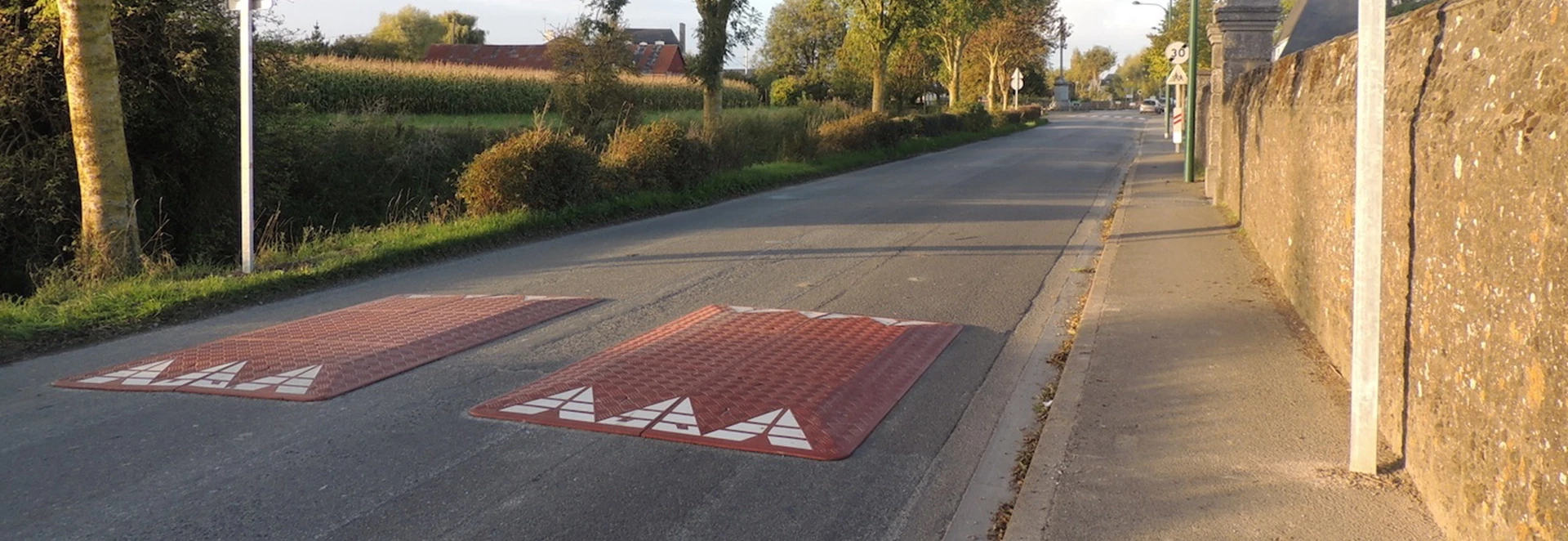Government plans revealed earlier this year to remove speed bumps from UK roads to reduce pollution have been criticised by road safety campaigners
The possibility of speed bumps being removed from British roads was first mentioned during the spring earlier this year. Recently, the Government’s air quality plan emphasised the need for councils to reduce congestion in urban areas by changing roads in a way that would improve traffic flow.
The Environment Secretary, Michael Gove, has now suggested to councils that they remove speed bumps from roads they manage as part of the plans to create better air quality. But road safety groups have written to ministers to argue that speed bumps are crucial in slowing down cars in residential areas and their removal will lead to more accidents.

Safety groups have suggested that the policy to remove speed bumps was a distraction from the real issue in the environment department's nitrogen dioxide reduction strategy, and that their advice to charge drivers using dirty vehicles in cities had been ignored.
While speaking to the BBC, Rachel Maycock, a spokesperson for the everyday walking charity Living Streets, said: “This idea is completely daft and irresponsible. Of course we all worry about the air our children breathe - but we also worry about reckless drivers going far too fast.”
The head of road safety at the Royal Society for the Prevention of Accidents, Kevin Clinton, has told The Independent that removing speed bumps from UK roads would increase risk to all road users, especially pedestrians, pedal cyclists and children.
But a Government spokeswoman told the BBC that the changes wouldn’t compromise road safety. She commented: “Reducing roadside pollution is a priority for this government - which is why we have committed £3 billion to help towns and cities take action against harmful emissions caused by dirty diesels.”




